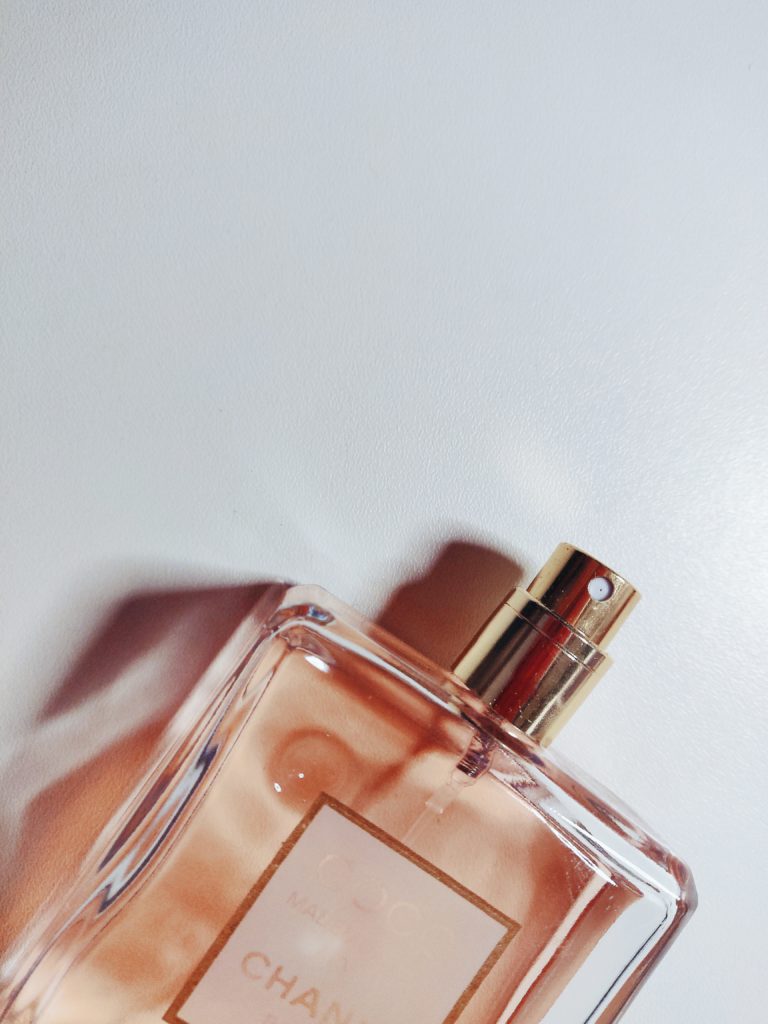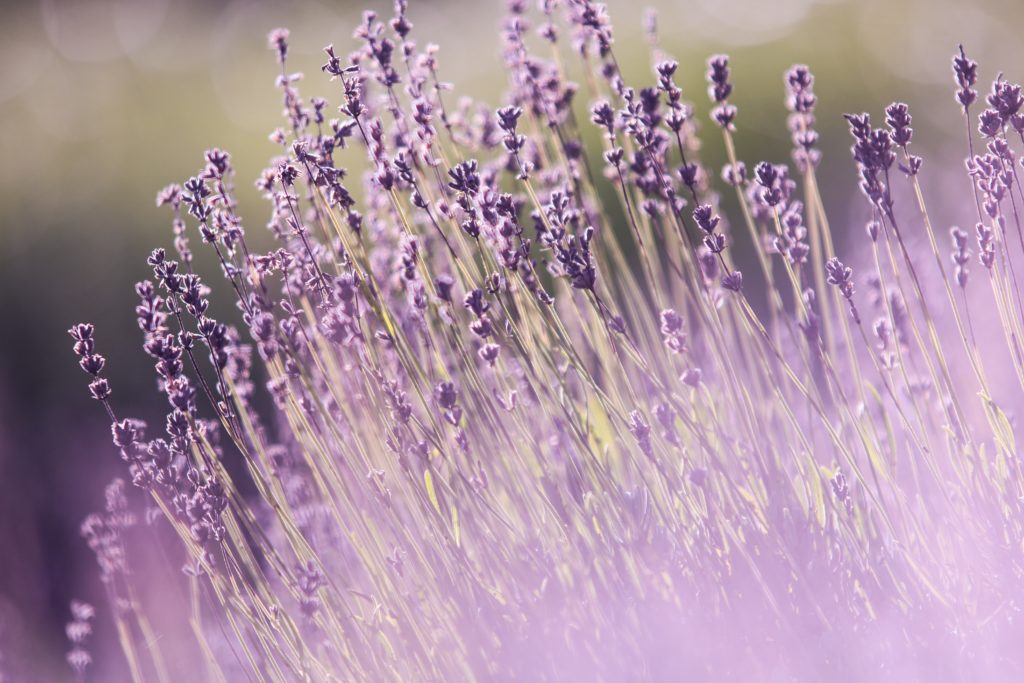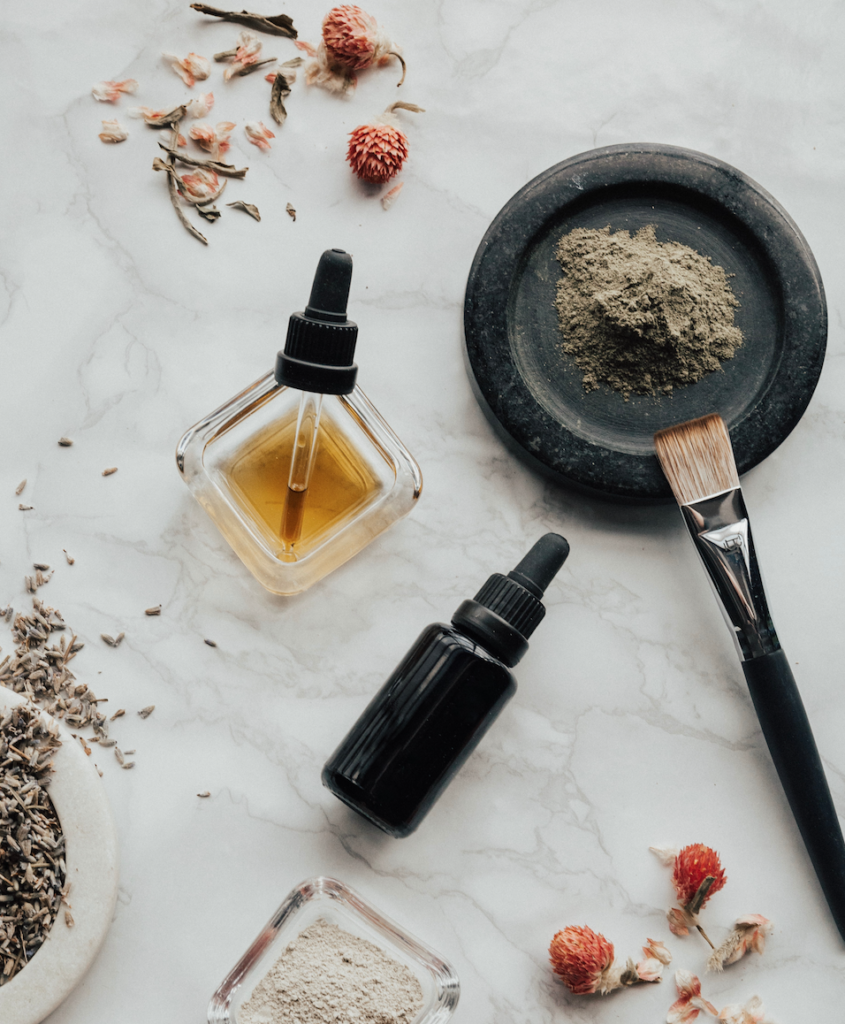I am a SUCKER for perfumes! I could stand in Sephora or a department store ALL DAY just smelling things! I love scents and I love smelling good! Come on! Who doesn’t? If you read my Instagram, you have a little back story on how I fell in love with my favorite perfume! hY’all know I am a firm believer that we should know a little on how the things we use everyday work/ are made, so let’s dive into how perfumes and scents are made! Warning* You may be surprised by what goes into some scents.

Lets begin with nature! Isn’t it crazy that many things in nature produce smells? All very distinctive from one another. Some with pleasing aromas, some, not so much. Nonetheless herbs, flowers, plants, woods, grasses, fruits, and basically any element from nature that the beholder thinks smells good, are used as the inspiration for the scent of the perfume.

Back then secretions of animals were used in scents. This is kind of strange (no it’s REALLY STRANGE) to me. THANK GOD we have advanced enough in technology to not have to do that anymore! I am not even going to entertain looking further into this.
Once the elements are collected, oils are extracted using one of the following processes.
Expression: Where the plant is literally squeezed until the oils come out.
Enfleurage: The plants or flowers are laid out on sheets of glass that are coated in grease. Those glass sheets are then placed within wooden crates or frames. The grease does the extraction of the oils and then the flower is removed.
Steam distillation: Distillation is basically when you separate components in a liquid mixture. For example, separating out oil from water. For the case of extracting oil from the perfume, the plant or flower is in a case and then when steam is sent into the enclosed case. The steam turns the oils that are in the flower to a gas. From there, you can grab the essential oils.

There are more ways to extract the oils used in the scent but I won’t bore you with the others. I nearly fell asleep reading them. If you really want to, you can read about them here.h
As soon as the oils are extracted, they are blended with other oils and alcohol using a formula that perfume chemists and other experts in the field know. I have no idea what this secret formula is, but good for those who do! If you know the secret formula, feel free to enlighten me in the comments!
The next process, is almost like wine or alcohol, where the perfume is aged. From what I have read, the aging process can be from a few months up to years.
The final step in the perfume process is to smell the aged perfume to make sure that the desired scent was achieved. Voila, now you have perfume!
Have you ever been into a perfume or fragrance store and been told to test out the perfume but leave it on, walk around for a few hours and then decide whether or not you like the scent? Yeah me neither. They just want your money. What you should do when you’re testing out a new scent is exactly that! This is because perfumes contain 3 main stages of scent:
- Top Notes- the part of the scent that you can smell the first moments that you wear the perfume.
- Heart Notes- This is the scent you notice after a few hours of wearing the perfume. This scent is usually what people remember the most.
- Base Notes- These are the scents that show up at about 4-5 hrs after wearing and are the muskier and watery chemicals
The Difference between Eau de Toilette and Eau de Perfume:
Eau de Toilette, translated literally, is “toilet water” (let’s keep it French, it sounds way better!) has a smaller amount of the fragrant oils while Eau de Perfum contains a larger amount. Chemists have a mores specific ratio on calculating the ratio in order to distinguish these.
I hope that this gives you a little more insight into how perfume is made. I did use a couple articles to help me create my own summary for you of how perfumes are made. They are linked below. Feel free to read on!

http://www.madehow.com/Volume-2/Perfume.html
https://science.howstuffworks.com/perfume.htm
https://www.perfume.com/article-how-perfume-is-made
http://www.historyofperfume.net/perfume-making/how-perfume-is-made/